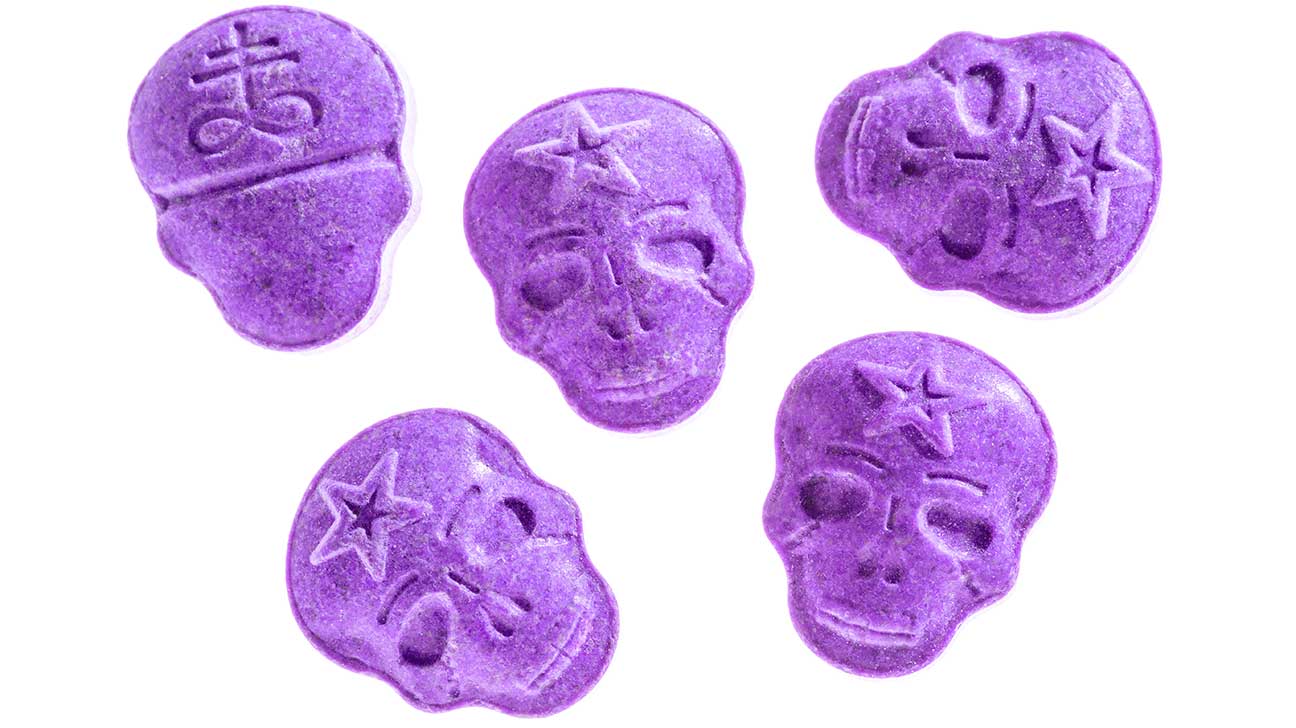
Molly, also known as MDMA (3,4-methylenedioxy-methamphetamine), is an illicit substance that is often abused for its euphoric, stimulant, and hallucinogenic effects.
The initial effects of molly usually start to take effect within an hour of taking the drug.
Many people take molly to experience enhanced or increased feelings of the following:
- extroversion
- energy
- sensory perception
- empathy
- warm emotions
- distorted perception of time
As with most illegal drugs, molly can cause a number of unwanted side effects as well, such as:
- panic attacks
- fainting
- clenching teeth
- hypertension (high blood pressure)
- unconsciousness
- seizures
There are a number of additional side effects associated with molly abuse and addiction, with some additional contributing factors.
Molly (MDMA) And Hyperthermia
Molly can make it difficult to regulate body temperature, resulting in hyperthermia (a significant increase in body temperature).
Hyperthermia is one of the potential effects of molly that is the most life-threatening.
A person who has taken molly engaging in energetic physical activity in warm environments for hours on end is at risk for developing dehydration, and potentially deadly, hyperthermia.
Hyperthermia requires immediate medical attention to avoid deadly consequences.
If left untreated, hyperthermia can lead to swelling in the brain or kidney failure due to electrolyte imbalance.
These risks are increased if the person consumes excess water due to dehydration.
Additional Adverse Health Effects Of Molly
In addition to hyperthermia, there are several other problematic health effects that can occur with molly abuse, including:
- skewed thinking
- loss of appetite
- depersonalization
- hot and cold flashes
- restless legs
- muscle stiffness
- headache
Effects Of Molly Abuse Over Time
Research has shown that regularly abusing MDMA has been connected with a decrease in cognitive function, or how your brain works.
Specifically, molly depletes serotonin in the brain so severely that it can cause lasting damage to nearly every area of the serotonin systems in the brain.
Overall this can lead to the following effects:
- increased confusion and depression
- memory issues
- decreased ability to concentrate
- issues with appetite
- heart disease
- impulsivity
Molly has also been linked to an increase in risky sexual behaviors and injection drug use, which can lead to HIV infection, and other STIs (sexually transmitted infections).
Addiction Treatment For Molly Addiction
Getting help for Molly addiction can help break the cycle of abuse.
Attending a substance abuse program that offers medically supervised detox will help ease the symptoms that can occur when a person stops abusing MDMA.
Our staff is available to speak to you about what treatment options are available to you or your loved one. Reach out to us today.
Addiction Resource aims to provide only the most current, accurate information in regards to addiction and addiction treatment, which means we only reference the most credible sources available.
These include peer-reviewed journals, government entities and academic institutions, and leaders in addiction healthcare and advocacy. Learn more about how we safeguard our content by viewing our editorial policy.
- National Institute on Drug Abuse (NIDA) — MDMA (Ecstasy/Molly) Drug Facts
https://www.drugabuse.gov/publications/drugfacts/mdma-ecstasymolly - National Institute on Drug Abuse (NIDA) — MDMA (Ecstasy) Abuse Research Report
http://drugabuse.gov/publications/research-reports/mdma-ecstasy-abuse/what-are-effects-mdma - Drug and Alcohol Dependence — Detection of ‘bath salts” in hair samples of MDMA/Molly Users
https://www.sciencedirect.com/science/article/abs/pii/S0376871616000570


